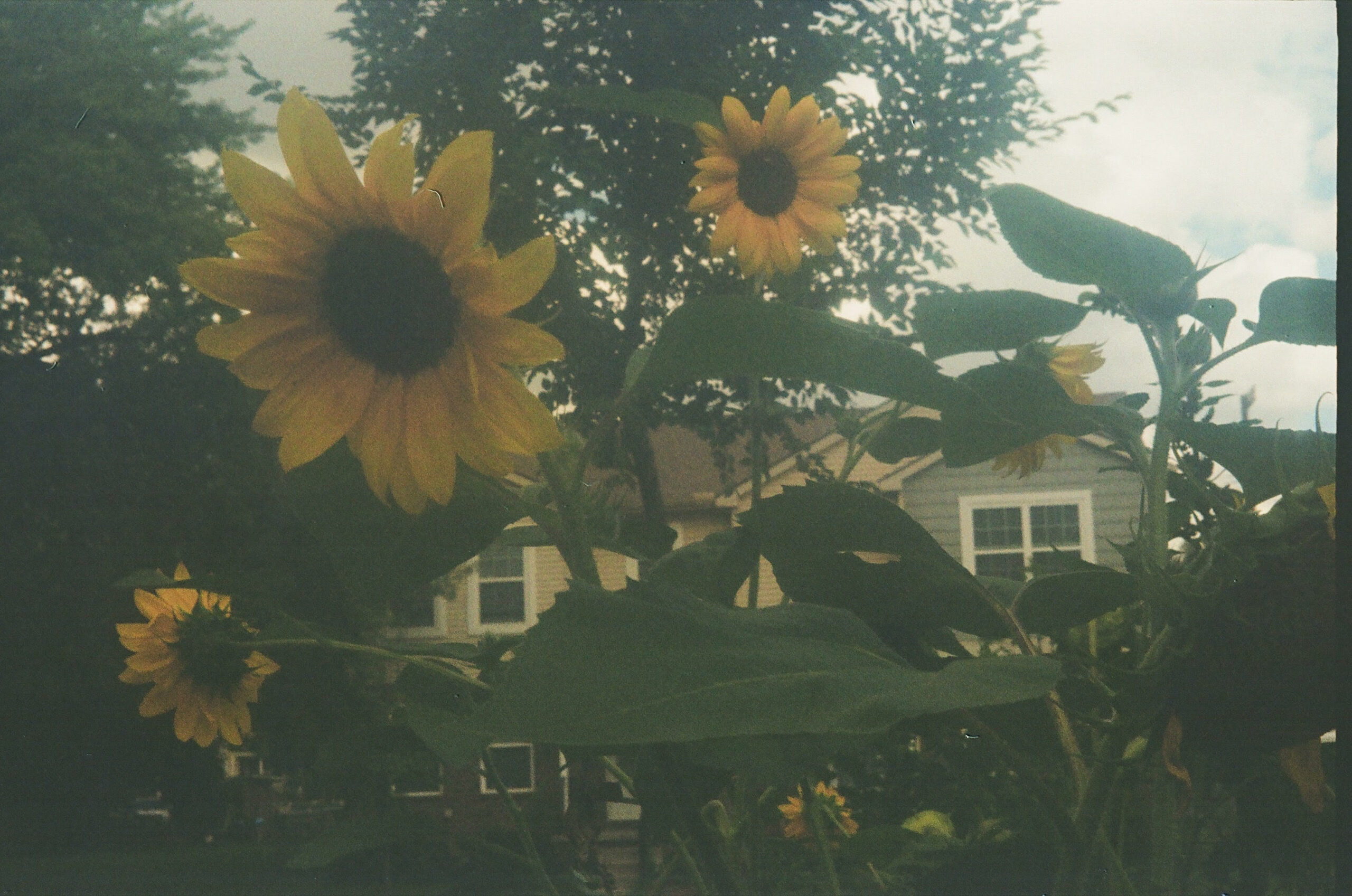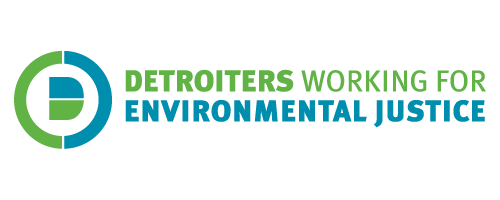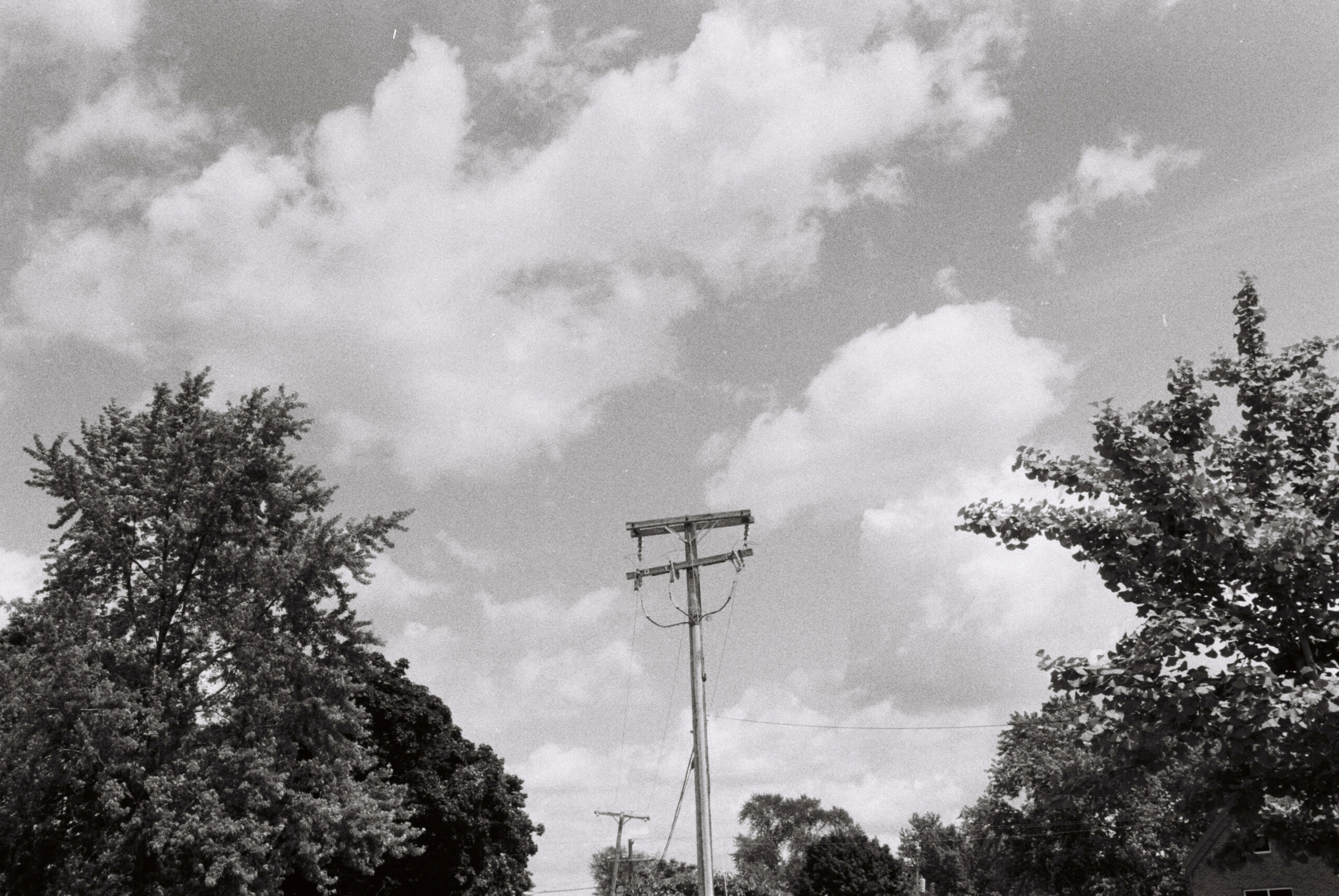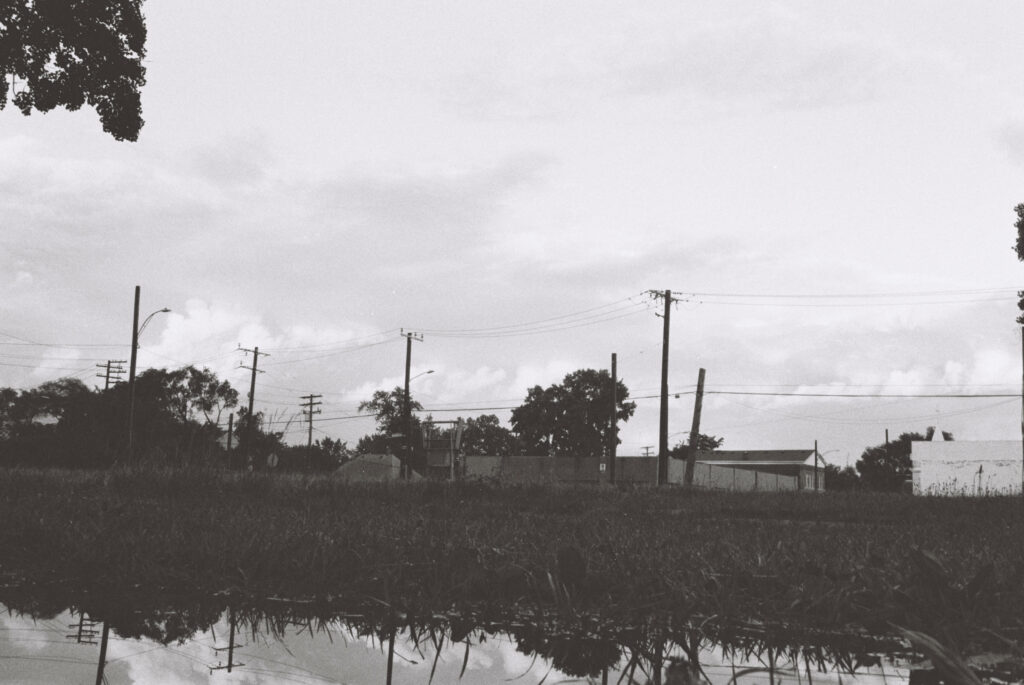Network Directory

“Who should I talk to if I’m dealing with a polluter in my neighborhood?”
When dealing with an environmental justice issue it can be hard to know where to start.
This guide lists some of the folks we work with regularly, and we hope it can serve as a good starting place for your own research and outreach.
We list each organizations name, location, focus areas, and share some notes.
Some of the areas we chose to highlight are color coded:
air quality , asthma , energy , transportation , lead , legal support , policy advocacy , skill building , water affordability , flooding , water quality
If you have questions, or want to add to this list, email Andrew and let us know!
Organizations and Coalitions
- Location: Citywide
- Focus Area: skill building
- Notes: Black To The Land’s does outdoor education for all ages and include things like the Urban Forest School. They are Black and Indigenous led and centered.
- Location: Citywide Coalition
- Focus Area: policy advocacy
- Notes: This coalition brings together numerous research groups and non-profit orgs. Check out their member orgs for more research leads!
Eastside Community Network (ECN)
- Location: Mack and Conner (Eastside Detroit)
- Focus Areas: skill building , policy advocacy , flooding
- Notes: ECN hosts a whole variety of programming for community residents as well as some environmental justice specific initiatives like a fellowship program, regular climate action coalition, and facilitating a network of resiliency hubs to administer relief in the event of a natural disaster like floods or heat waves. ECN also has a fleet of vans that folks can rent at low cost for your community events.
Great Lakes Environmental Law Center
- Location: Statewide
- Focus Area: legal support , air quality
- Notes: Great Lakes Environmental Law Center offers legal services to folks facing environmental injustices. They also run a Permit Tracker and an Enforcement Tracker for monitoring air quality.
- Location: Ann Arbor and Detroit
- Focus Areas: air quality , skill building , policy advocacy , water quality
- Notes: Ecology Center works on a wide range of issues and help bring scientific tools to community members and conduct research and write reports.
- Location: Statewide
- Focus Area: air quality
- Notes: Just Air offers technical tools to support with air quality monitoring.
Michigan Environmental Justice Coalition (MEJC)
- Location: Statewide
- Focus Areas: air quality , policy advocacy , skill building , water quality
- Notes: MEJC is a coalition formed of various member orgs. They have a broad reach and host various initiatives that include everything from policy analysis and advocacy work to grassroots volunteer campaigns.
Also note: Michigan Alliance for Justice In Climate (MAJIC)
- Location: Statewide
- Focus Areas: skill building
- Notes: A project spun out from MEJC devoted to supporting grassroots organizers.
- Location: Statewide
- Focus Area: policy advocacy , skill building
- Notes: Michigan United organizes various campaigns related to everything from immigration to criminal justice reform to labor to the environment and more. They offer resources to help organizers get experience.
- Location: Metro Detroit
- Focus Area: transportation , policy advocacy
- Notes: TRU advocates for sensible transit policy and host various educational events. They also engage in some lobbying and campaign work.
- Location: Highland Park
- Focus Areas: energy , policy advocacy
- Notes: Soulardarity started as a resident led campaign to get solar powered streetlights after DTE repossessed and removed streetlights from Highland Park. Now they focus on advocacy and are a presence at the Michigan Public Service Commission – the governmental body that regulates things like utility rates and other energy infrastructure.
Southwest Detroit Environmental Vision (SDEV)
- Location: Southwest
- Focus Area: air quality , transportation , policy advocacy
- Notes: SDEV works with both residents and businesses to help address various issues but especially with air quality. SDEV is currently convening a coalition focused on trucking and it’s impact on air quality.
- Location: Statewide
- Focus Area: legal support
- Notes: Sugar Law is working with various community groups to represent their interests against industrial polluters and helping support folks who are struggling to pay their DTE bill.
The Peoples Water Board Coalition
- Location: Statewide
- Focus Area: policy advocacy , skill building , water affordability , water quality
- Notes: The People’s Water Board coalition advocates for safe, accessible, and affordable water.
Water Equals Life Coalition (WEL Coalition)
- Location: Statewide
- Focus Area: policy advocacy , water affordability
- Notes: WEL is advocating for policy that will ensure everyone has enough clean, safe, affordable water by making sure each family has a water bill capped according to their monthly income.
- Location: Detroit
- Focus Area: policy advocacy , skill building , water affordability
- Notes: One of the foremost organizations advocating for comprehensive statewide water affordability bills (which are different from “assistance” programs that have limited funds and don’t ensure people’s access to water). We The People of Detroit also runs organizer trainings and supports various campaigns based around youth leadership.
Media
Below are some outlets that you may find helpful. DWEJ is not affiliated with any of these directly.
A Note on Block Clubs
We live most of our lives locally. Sure, we may commute to work or build online communities, but studies show that when environmental or other disasters strike it’s the people we live closest to that play the biggest role in determining if we’re all right at the end of the day.
If you have a question or need support and are not sure where to start, try asking around your neighborhood or reaching out to your block club. There’s a wealth of local knowledge and most likely your neighbors will point you in the right direction. That said, we’re not gonna list out block clubs or neighborhood associations in this guide because it would simply be too long to be useful and you probably know your own local community pillars better than us!
For folks who are holding it down on a local level and looking to link with others or collaborate with DWEJ you can reach out to Andrew.
Note: This is a living document and subject to change! If you would like to be included in this directory or share a resource that is not listed please email Andrew. Your help is appreciated.


